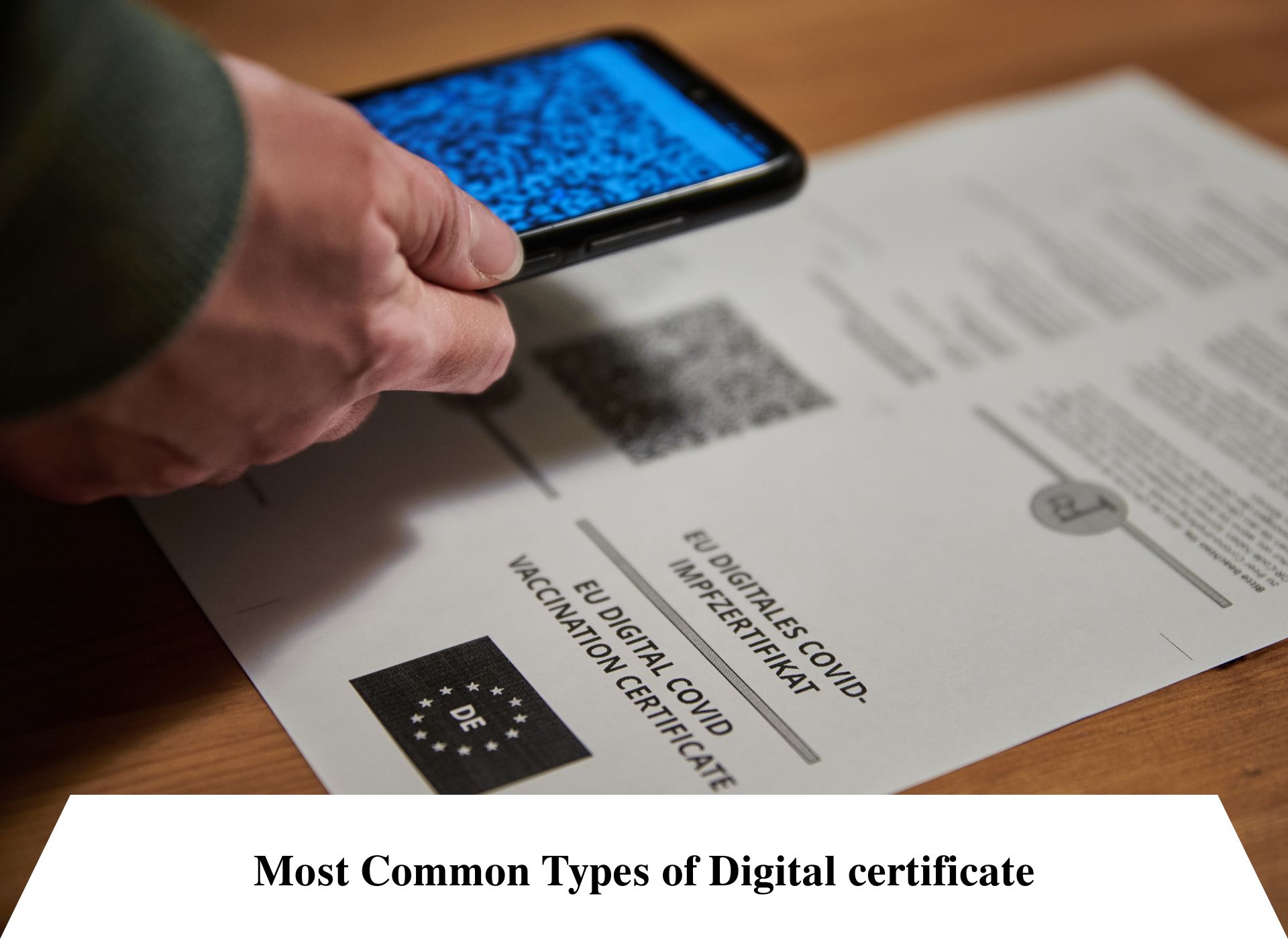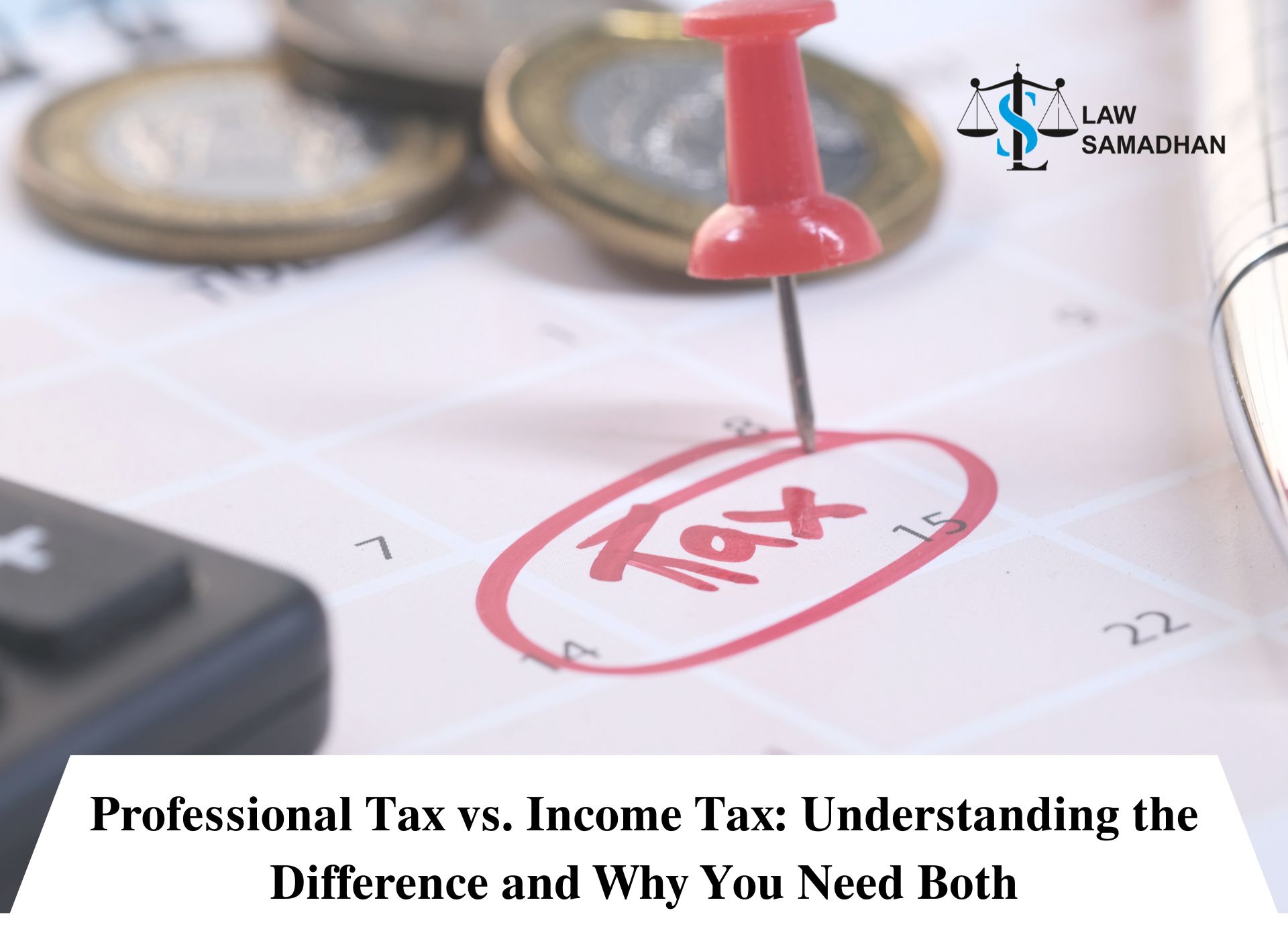In today’s digital age, where the exchange of sensitive information occurs daily, ensuring the security and authenticity of data is paramount. Digital certificates play a crucial role in this, providing a way to verify the identities of both users and websites. In this comprehensive guide brought to you by Law Samadhan, we will delve into what digital certificates are, explore the various types available, and address frequently asked questions about these vital security tools.
What Is a Digital Certificate?
A digital certificate, in simple terms, is a digital ID card that verifies the identity of an individual, organization, or website in the digital realm. It’s like a passport for the internet, ensuring that data is transmitted securely and that the recipient is who they claim to be.
Types of Digital Certificates
There are several types of digital certificates, each serving a unique purpose in the world of online security. Here are the most common ones:
- SSL/TLS Certificates:
- Domain Validation (DV) Certificates: These verify only the domain’s ownership and are suitable for blogs and personal websites.
- Organization Validation (OV) Certificates: These verify the domain owner’s identity and organization details, providing a higher level of trust.
- Extended Validation (EV) Certificates: EV certificates offer the highest level of trust, displaying the organization’s name in the browser’s address bar.
- Code Signing Certificates:
- These certificates are used by software developers to sign their code. When users download software, the certificate ensures it hasn’t been tampered with.
- Client Certificates:
- These authenticate users to servers, often used in online banking or secure portals where user identity is critical.
- Email Signing Certificates:
- Used to digitally sign emails, ensuring the recipient that the email is from the claimed sender and hasn’t been altered.
- Document Signing Certificates:
- These allow individuals or organizations to sign digital documents, ensuring their authenticity.
Conclusion:
Digital certificates are the backbone of online security, ensuring that the digital world remains a safe space for communication, transactions, and data exchange. Understanding the different types of digital certificates and their uses is crucial in today’s interconnected world. By leveraging these security tools, individuals and organizations can protect their digital identities and sensitive information from potential threats.
FAQs
Q1: How does an SSL certificate work?
A: An SSL certificate encrypts data exchanged between a user’s browser and a website’s server, preventing unauthorized access and ensuring data integrity.
Q2: Are digital certificates only for websites?
A: No, digital certificates are used in various contexts, including software code, emails, documents, and more, to verify identities and ensure data integrity.
Q3: How do I obtain a digital certificate?
A: You can obtain digital certificates from trusted Certificate Authorities (CAs) by following their validation processes and paying the associated fees.
Q4: Are digital certificates foolproof?
A: While digital certificates significantly enhance security, they are not immune to vulnerabilities. Regular updates and best practices are essential.





